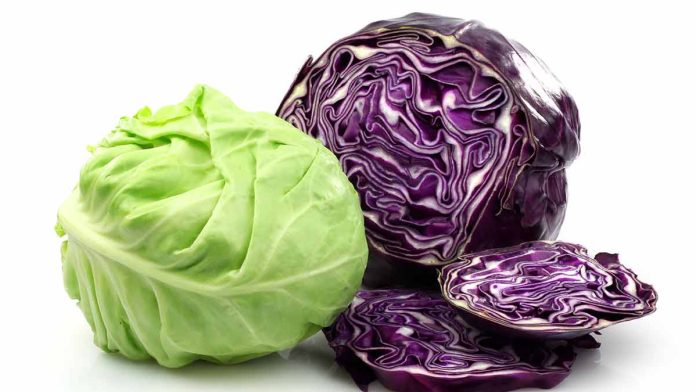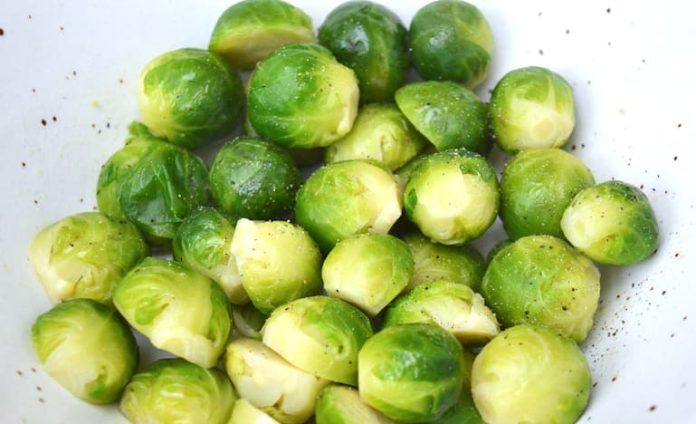When cabbage comes to mind, many think of it as a summer coleslaw staple, but its nutritional prowess makes it deserving of a regular spot on your plate throughout the year. As a member of the Brassica family alongside broccoli and Brussels sprouts, cabbage boasts an ancient history dating back to 4,000 B.C. in China. Available in green, red, and savoy varieties, this versatile vegetable can be enjoyed raw in salads, cooked in soups and stir-fries, or simply steamed as a nutritious side dish.
Cabbage, revered for its dense nutritional profile and affordability, earned the moniker “drug of the poor” during the Middle Ages due to its health benefits. Whether you’re looking to enhance digestion with its fibre-rich content or seeking to boost your immune system with its abundance of vitamin C, cabbage offers a range of health advantages.Its diverse benefits, incorporating cabbage into your meals provides not only culinary versatility but also a substantial nutritional boost throughout every season.
Reasons to incorporate more cabbage into your diet
- Digestive Health: Cabbage is rich in fibre and water, promoting healthy digestion and preventing constipation. Fermented cabbage like sauerkraut also provides probiotics that support gut health.
- Weight Management: With only 33 calories per cup and high fibre content, cabbage is filling and nutrient-dense, making it an ideal addition to weight loss diets.
- Cholesterol Reduction: The fibre and nutrients in cabbage bind with bile acids in the intestine, aiding in cholesterol excretion when steamed.
- Immune Support: Cabbage is a potent source of vitamin C, crucial for maintaining a robust immune system and fighting off infections.
- Cancer Prevention: Cruciferous vegetables like cabbage contain sulforaphane, a compound known to inhibit cancer cell growth. Anthocyanins found in red cabbage also possess powerful antioxidants that combat cancer formation.
- Anti-Inflammatory Properties: Glutamine, an amino acid abundant in cabbage, acts as a strong anti-inflammatory agent, alleviating joint pain, arthritis, and allergies.
- Brain Health: The purple variety of cabbage contains vitamin K and anthocyanins, which support cognitive function, improve concentration, and may protect against neurodegenerative diseases like Alzheimer’s.
- Cardiovascular Health: Cabbage is loaded with flavonoids, phenols, calcium, and potassium, all contributing to heart health by reducing the risk of cardiovascular diseases and regulating blood pressure.
- Ulcer Healing: Historically known for its anti-inflammatory properties, cabbage, especially consumed as juice, helps heal ulcers effectively.
- Skin Benefits: Antioxidants in cabbage combat free radicals responsible for skin ageing, reducing wrinkles and promoting healthier skin.
- Energy Boost: High in B vitamins like B1, B2, and B6, cabbage boosts energy levels naturally without the crash associated with sugary snacks or drinks.
- Hangover Relief: Dating back to Roman times, cabbage is a traditional remedy for hangovers, believed to help clear the body of toxins and aid in alcohol metabolism.
- Headache Relief: Applying crushed cabbage leaves as a compress or consuming raw cabbage juice has been known to alleviate headaches and migraines.
Cabbage stands out as one of the most economical vegetables per edible cup, making it not only a nutritional powerhouse but also a budget-friendly choice for maintaining health year-round. Incorporate this versatile cruciferous veggie into your meals and reap its numerous health benefits effortlessly.
Fun Fact: A cup of shredded raw cabbage provides 190% of the recommended daily intake of vitamin C, enhancing immunity and overall health.



















